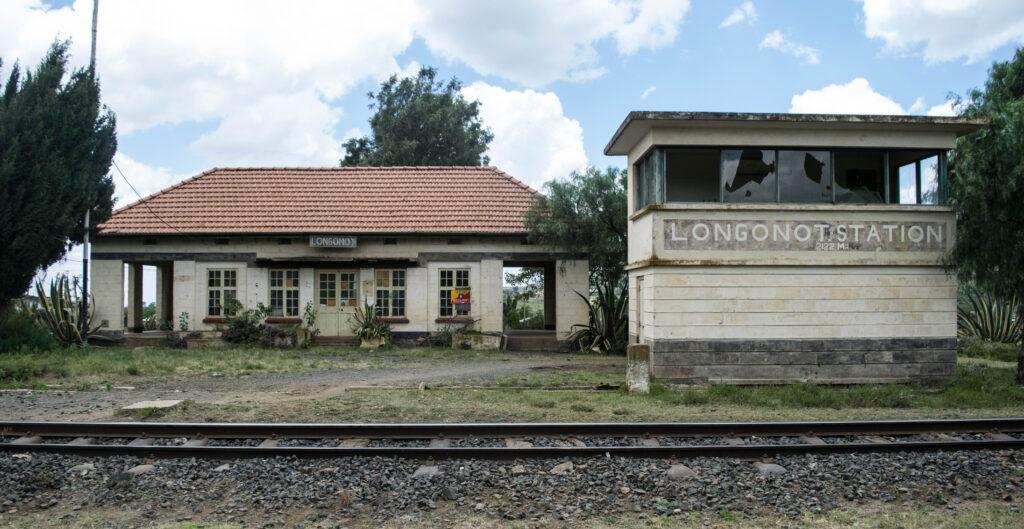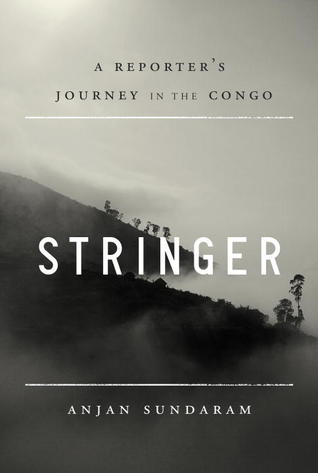Stay home and go to the museum

In Kenya and Uganda, innovators are showing how history can be preserved and shared in new formats for today’s audience.

Longonot Station, Kenya. Credit: Chao Taiyana.
In Uganda and Kenya, it might appear that history is collecting dust. Attendance and awareness of museums is low, archives are inaccessible, and the reading culture is dwindling. The Internet, however, tells a different story. There is a new generation of young historians in East Africa developing online channels to educate people, preserve their countries’ heritage, and make history more accessible to the general public.
In 2018, there were 23.2 million mobile telephone subscriptions in Uganda and 49.5 million in Kenya. It is only natural that history and heritage conservation should move into this sphere as well. Many of the individuals behind these initiatives are not professional historians, but promote the past digitally in their free time.
Here are six online museums and historical projects in Kenya and Uganda to check out and follow on social media:
HistoryKE
Sept. 1959: Tom Mboya (centre, in dark suit) poses with US-bound Kenyan students who were part of the airlift program.
The 2nd lady to Mboya’s left is Wangarî Maathai. The beaming, bespectacled man standing third from right of the photo is none other than Barrack Obama Snr. pic.twitter.com/4rLK2JRv5L
— H i s t o r yK E (@HistoryKE) March 30, 2020
Designed as an online museum for people to learn about and appreciate Kenyan history, HistoryKE publishes photographs taken throughout various moments in Kenyan history on its handles on Facebook, Instagram and Twitter. The photographs vary widely from those taken during Kenya’s colonial era; to street scenes of Nairobi, Mombasa or Kisumu over the decades; to politicians, colonial officials and or colonial-anthropological photographs.
History in Progress Uganda
Posted by History In Progress Uganda on Friday, 17 April 2020
This website collects and digitises old photographs taken in and around Uganda, sourced from institutional and personal archives. It was founded by two artists Andrea Stultiens and Canon Griffin who also post photographs to Facebook and Twitter pages. On both, the comments are often full of people sharing memories of the time period or location of the image or, occasionally, pointing out a grandparent or a great-grandparent. The audience also sometimes guides the project team in the direction of further photograph archives. This interaction ensures an increasingly personal relationship between the public and the history shared, as well as growing the project’s archives.
Uganda’s Built Heritage

A screenshot from the Uganda’s Built Heritage App
This is a mobile app created by the Cross-Cultural Foundation of Uganda and European Union. It depicts historical buildings and monuments across Kampala, Entebbe and Jinja. Enabling the location function on their phone, users are able to see what historical buildings are in their immediate vicinity. The app include short descriptions and guides users to the buildings, allowing them to recognise the historical value of buildings they may walk past every day.
African Digital Heritage

A screenshot of a 3D reconstruction, part of the Saving Railways project.
Apearheaded by Chao Tayiana, this initiative uses technology and digitisation “to increase awareness, participation and engagement with African Histories”. The team uses interactive maps, mobile apps and virtual reality to bring Kenya’s history to life in innovative ways. Past projects have included “Save the Railway”, which documented the history of Kenya’s railway (also known as the “Lunatic Express”) through photographs and oral history interviews, and “Changing Perspectives”, which traced Nairobi’s history through its buildings.
African Digital Heritage, in collaboration with the Museum of British Colonialism, have also worked on a project that mapped and reconstructed Mau Mau camps around Kenya, using 3-D technology, of which a digital exhibition is available online.
Wulira!
This is an all-women podcast about Ugandan history with a particular focus on the role of women. Producer Rebecca Rwakabukoza and co-hosts Jacky Kemigisa and Godiva Akullo are hobby historians who share their country’s history using humour and accessible language. The hosts discuss a range of topics from female politicians to women’s security in Uganda. They also discuss women missing from history books, such as Sugra Visram, who was instrumental in introducing family planning to Uganda. The podcast aims to create a medium the producer and hosts “wished [they] had access to when [they] were younger.”
Google Arts and Culture: Kenya National Archives and National Museums of Kenya

As part of Google Cultural Institute, Google Arts and Culture works in cooperation with museums around the world to publish images and collections online for the public to access for free. In Kenya, they work, amongst others, with the Kenya National Archives, featuring exhibitions of independence struggles, national heroes, carvings and sculptures. The National Museums of Kenya also have online displays that depict the craftsmanship, carving and pottery of Kenya’s various ethnic groups as well as advertising the country’s museums and UNESCO world heritage sites.




